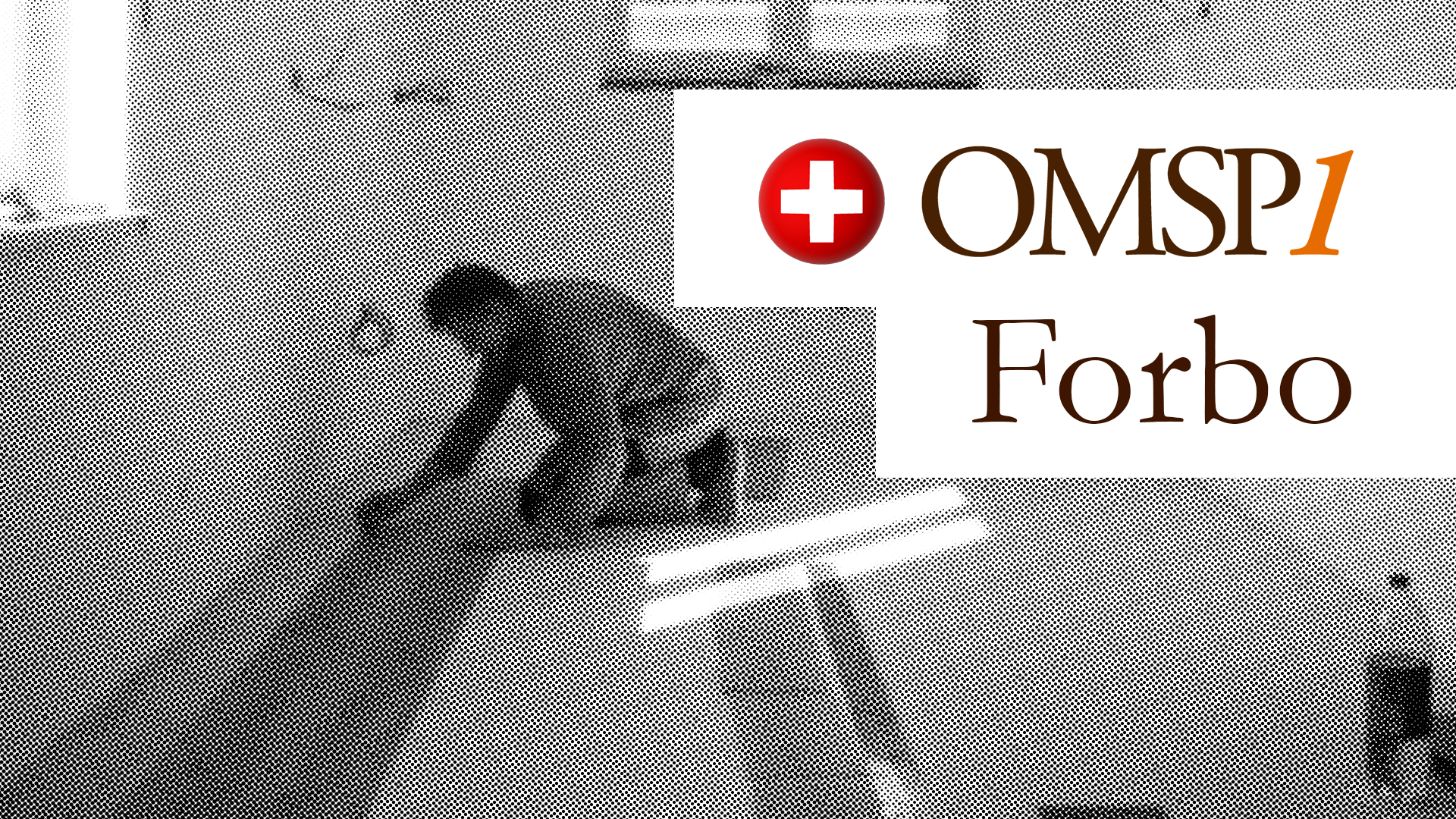Quick Facts
- Founded in 1928 (as Continental Linoleum Union) with headquarters in Baar, Switzerland.
- Operates in more than 25 countries.
- Products include flooring and movement systems.
Pros
- Global Reach: Forbo's extensive international presence provides diversification and resilience. ✔
- Essential Products: Flooring and movement systems are essential across various industries, making Forbo's business relatively stable. ✔
- Innovation: Forbo continually invests in research and development to create cutting-edge flooring solutions. ✔
- Dividend: Forbo has a history of paying dividends. ✔
Cons
- Competition: The flooring industry is competitive, with players like Tarkett and Interface. ❌
- Economic Sensitivity: Demand for Forbo's products can be affected by economic downturns, particularly in the construction sector. ❌
- Raw Material Costs: Fluctuations in raw material prices can impact profitability. ❌
Obermatt Ranks
Ever walked into a building and admired the stylish, durable flooring beneath your feet? Chances are, you might have Forbo to thank! This Swiss multinational is a global leader in flooring systems and movement systems, yet they often fly under the radar for many investors. Let's uncover why Forbo deserves a place in the Obermatt Swiss Pearls Index (OMSP1).
Do individual stock purchases and maintaining your stock portfolio take too much of your free time? Check out the first financial product based exclusively on the Obermatt 360° View: Obermatt Swiss Pearls Index.
Forbo's story begins in the late 19th century with the merger of three linoleum manufacturers. Fast forward to today, and Forbo operates in over 25 countries, employing thousands worldwide. They're not just about linoleum anymore, though. Forbo offers a diverse range of flooring solutions, including vinyl, textile, and acoustic floor coverings. Think beyond your home or office – their products are found in hospitals, schools, gyms, and everywhere in between. This ensures they cater to a wide range of needs and design preferences.
But Forbo's expertise extends beyond just keeping our feet comfortable. Their "Movement Systems" division manufactures conveyor and processing belts used in various industries, from the logistics of moving packages around warehouses to the intricate processes of food production and even automobile manufacturing. This segment ensures Forbo isn't solely reliant on the cyclical nature of the construction and renovation industry.
Forbo has several compelling qualities that make it attractive to investors. Firstly, they are a sustainability leader. In an increasingly eco-conscious world, this is a major selling point. Their Marmoleum linoleum is made from 97% natural raw materials, with a high percentage of recycled content. This resonates with environmentally aware customers and positions Forbo well for future regulations and potential "green premiums" on their products.
Secondly, Forbo boasts a truly global reach. Their extensive international presence across more than 25 countries provides diversification and resilience. They're not overly dependent on any single market, reducing risk from economic downturns in specific regions. This geographical spread helps to stabilize their revenue streams and provides a buffer against regional volatility.
Thirdly, Forbo provides essential products. Flooring and movement systems are fundamental across numerous industries, contributing to a relatively stable business model. People will always need floors, and goods will always need to be transported! This inherent demand provides a degree of predictability in their revenue, making them less susceptible to the whims of rapidly changing consumer trends.
Finally, Forbo demonstrates a commitment to innovation. They continually invest in research and development to create cutting-edge flooring solutions. This includes developing new materials with enhanced durability and performance, improving installation processes, and creating aesthetically pleasing designs to stay ahead of trends and competition. This dedication to innovation ensures they remain competitive and can adapt to evolving market demands.
Want evidence of Forbo's quality and prestige? Their flooring isn't just found in everyday buildings. They've made their mark in some impressive locations:
- Royal Approval: Forbo's flooring has been used in Buckingham Palace! If it's good enough for royalty...
- Art and Airports: You'll find Forbo flooring in high-traffic, design-conscious locations like the Tate Modern and Amsterdam's Schiphol Airport.
- Sports Surfaces: Forbo provides high-performance flooring for sports facilities, ensuring durability and safety for athletes.
No investment is without risk, and Forbo is no exception. The flooring industry is inherently competitive, with major players like Tarkett and Interface vying for market share. Forbo needs to maintain its innovative edge and competitive pricing to retain its position.
Furthermore, demand for Forbo's products can be affected by economic downturns, particularly in the construction sector. New construction and renovation projects may slow down during recessions, impacting Forbo's flooring sales. Investors should be mindful of the cyclical nature of this industry segment.
Finally, fluctuations in raw material prices can impact profitability. Forbo relies on various raw materials, including crude oil (used in vinyl flooring) and natural fibers (used in linoleum). Price volatility in these commodities can squeeze margins and affect earnings.
